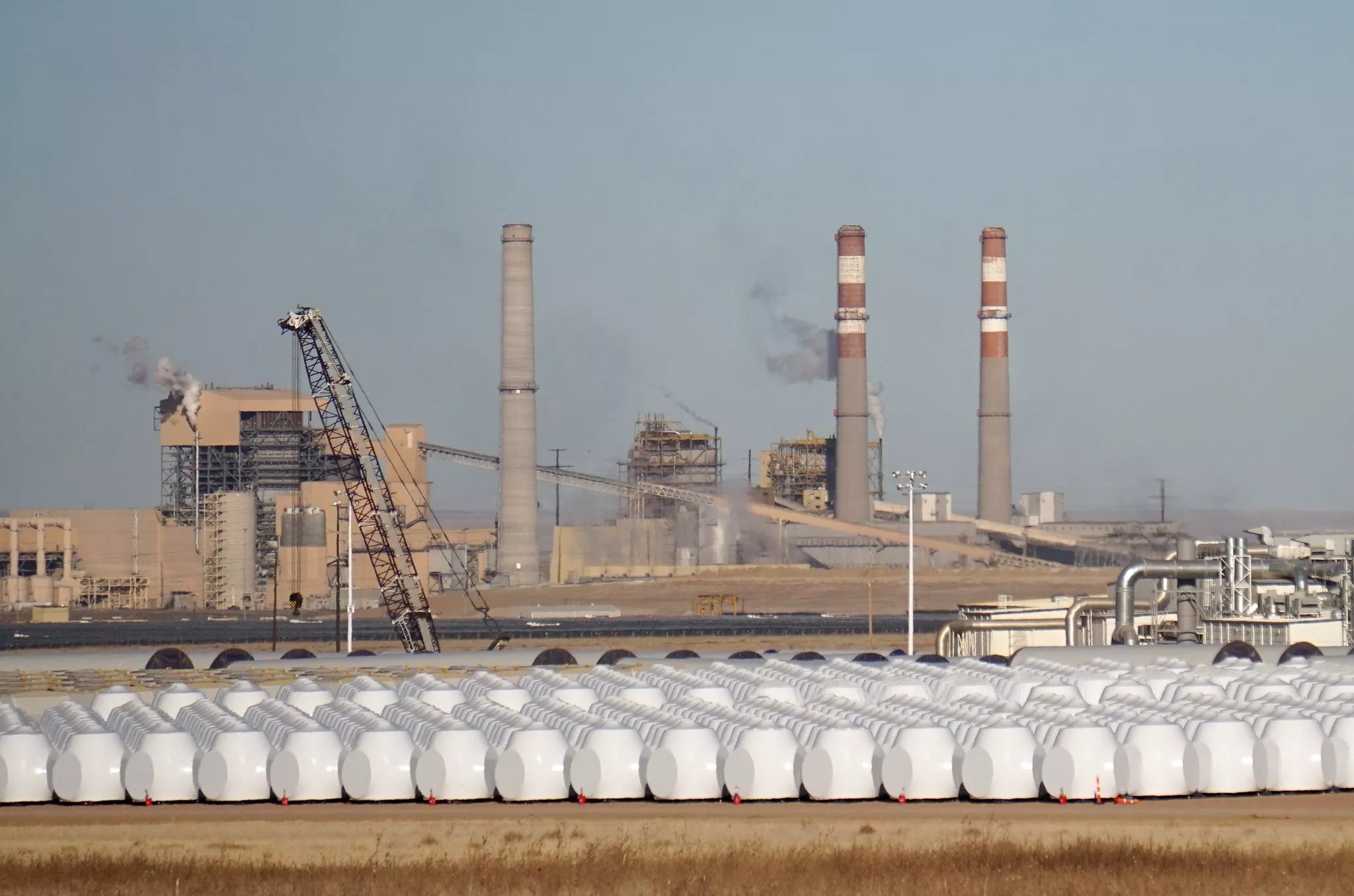
Mike Lewinski / Flickr

Audio By Carbonatix
The Denver metro area may be experiencing some of its best air quality in years right now, thanks to the decrease in car traffic and industrial activity caused by the coronavirus pandemic. But don’t let the temporarily clear skies fool you into thinking we’re not still struggling with a long-term air pollution problem.
Denver earned another failing grade in the just-released 2020 edition of the American Lung Association‘s annual State of the Air report. The report, which tracks levels of common air pollutants in hundreds of cities across the country, is the latest research to find that Denver’s air quality is trending in the wrong direction, with levels of both ozone and particle pollution higher than in the ALA’s previous report.
One major driver of Denver’s worsening air quality, the report found, is the rise in global temperatures fueled by climate-warming greenhouse gas emissions. ALA researchers analyzed air-quality data collected by state, local and federal agencies between 2016 and 2018, when hotter, drier weather led to a historic wildfire season in Colorado and other western states.
“Notably, those three years were among the five hottest recorded in global history,” the report said. “Rising temperatures lead to increased levels of ozone pollution. Changing climate patterns also fuel wildfires and their dangerous smoke, which increase particle pollution.”
Ozone is a so-called secondary pollutant, formed in the air by a reaction between sunlight and certain “precursor” chemicals like nitrogen oxides and volatile organic compounds, which are emitted by both gas-powered vehicles and industrial sources like oil and gas facilities. The Denver region has struggled with ozone pollution for years, and state regulators are currently working to enact stricter rules on polluters after the Environmental Protection Agency classified the metro area as a “serious” violator of federal ozone standards last year.
“Ozone pollution can harm even healthy people, but is particularly dangerous for children, older adults and people with lung diseases like COPD or asthma,” JoAnna Strother, senior advocacy director for the ALA in Colorado, said in a statement accompanying the report’s April 20 release, which coincides with the fiftieth anniversary of the Clean Air Act. “Breathing ozone-polluted air can trigger asthma attacks in both adults and children with asthma, which can land them in the doctor’s office or the emergency room. Ozone can even shorten people’s lives.”
Denver is also backsliding on the other major category of pollutant tracked by the ALA’s report: particulate matter – tiny airborne particles that are emitted by industrial polluters, as well as other sources like residential wood-burning and wildfires.
Denver’s air quality has improved gradually over the past several decades, and has come a long way since the days of the infamous “brown cloud” that routinely blanketed the city in the 1980s. But scientists have come to understand that no safe level of air pollution exists, and the ALA findings are the latest of several reports to conclude that Denver’s progress has stalled. With rollbacks of climate and other air-pollution regulations continuing at the federal level, clean-air advocates say state and local governments must pick up the slack.
“Year-round particle pollution levels had dropped in recent years thanks to the cleanup of coal-fired power plants and the retirement of old, dirty diesel engines,” Strother said. “However, the increase we’ve seen nationally in particle pollution in this year’s report is a troubling reminder that we must increase our efforts to reduce this dangerous pollution.”
Read the complete State of the Air report.